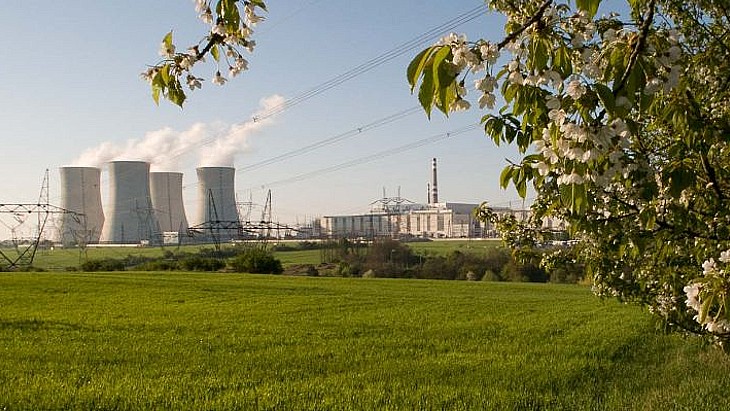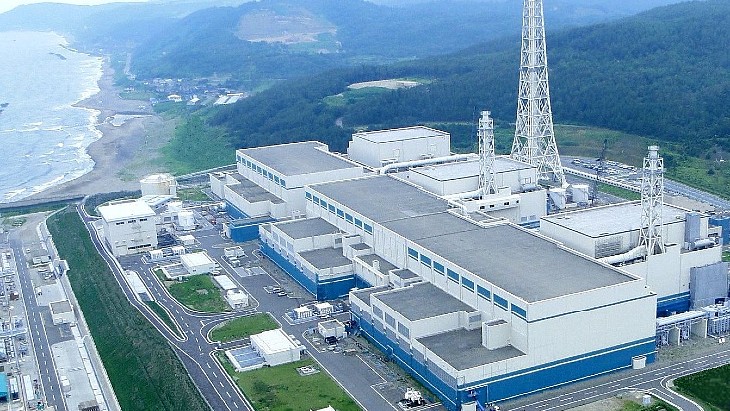Toshiba announced that it will buy a minority interest in the Kharasan uranium project in Kazakhstan, becoming the fifth Japanese company to participate in the project.
The company will acquire an indirect ownership interest in Kyzylkum LLP and Baiken-U LLP, which are developing the Kharasan-1 and Kharasan-2 uranium deposits, respectively. Toshiba will acquire the ownership interests by taking a 22.5% stake in a Kazatomprom-related company which has ownership and control of Kyzylkum LLP and Baiken-U LLP. The company will acquire its stake in the holding from Japanese trading company Marubeni Corp. The move will give Toshiba the right to up to 600 tonnes of uranium from the project annually. The deal comes after Toshiba recently signed an agreement to sell 10% of its majority share in Westinghouse to Kazatomprom for $540 million in cash.
The Kharasan holding company is currently 30% owned by Kazatomprom, 30% by Uranium One of Canada and 40% by a Japanese consortium. In April 2007, Marubeni, Tokyo Electric Power Co (Tepco) and Chubu Electric Power Co invested in the holding company. The investment was made in the following ratio: Marubeni 60%, Tepco 30% and Chubu 10%. Tohoku Electric Power Co subsequently took a 5% stake in Japan's share of the holding company from Marubeni. Japan's 40% share in Kharasan is now held in the following ratio: Marubeni, 32.5%; Tepco, 30%; Toshiba, 22.5%; Chubu, 10%; and Tohoku, 5%. The Japanese companies will have the right to an aggregate annual quantity of 2000 tU produced at the Kharasan project.
The Kharasan project is scheduled to start test production by the end of 2007, with commercial production expected to commence in the first quarter of 2008. The project is expected to reach full production of some 5000 tU per year by around 2014. Kharasan is expected to continue operating until about 2050, by which time it could potentially produce over 160,000 tU, according to an earlier joint statement by Marubeni, Tepco and Chubu.
Japan and Kazakhstan signed a memorandum of cooperation in nuclear energy in August 2006. In April 2007, a number of high-level agreements on energy cooperation were signed with Japan. These included some relating to uranium supply to Japan, and technical assistance to Kazakhstan in relation to fuel cycle developments and nuclear reactor construction. Kazatomprom is keen to move from being a supplier of raw materials to selling its uranium as fabricated fuel assemblies. It said that it aimed to supply 40% of the Japanese market for both natural uranium and fabricated fuel from 2010 - about 4000 tU per year. Negotiations then commenced for a bilateral nuclear cooperation agreement between Kazakhstan and Japan.




_53514_33880.jpg)


_91467.jpg)





